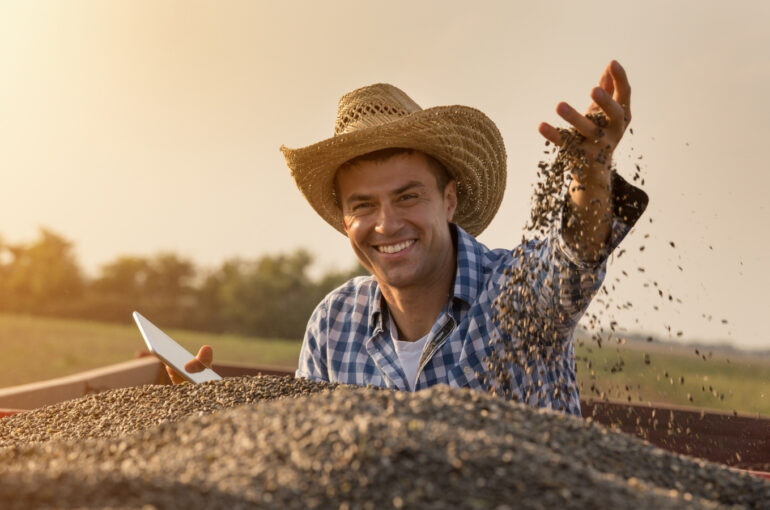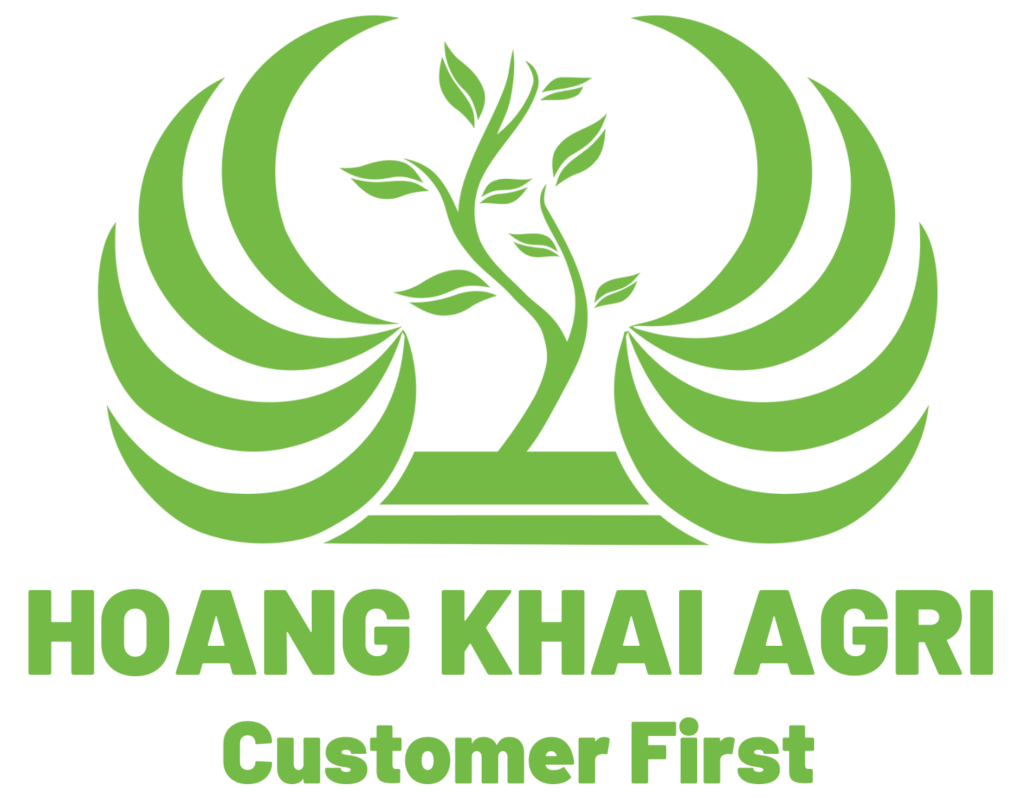
This African company is producing cashew nuts sustainably. Here’s how
- The global trade in cashews is booming, more than doubling from 2000 to 2018.
- But farmers often miss out on the earnings from this crop.
- Tolaro Global, a West African company, uses sustainable methods and a community-minded ethos to produce its cashew products.
- It’s part of a global shift towards sustainable agriculture.
Nuts are tasty, highly nutritious, and – whether used whole or as an ingredient – they are big business.
An estimated five million tonnes of tree nuts (which include almonds, Brazil nuts, walnuts, hazelnuts, and pistachios) are produced each year and one of the world’s most popular varieties is the cashew.

Global trade in raw cashews more than doubled between 2000 and 2018 to 2.1 billion kilogrammes annually. But there are problems in the global cashew supply chain, including child labour and poor working conditions.
Now a company in West Africa is seeking to change that. Tolaro Global produces its cashews through “a fair trade, thriving and sustainable farming community,” according to its founders, Serge Kponou and Jace Rabe.
Crops are processed in the company’s own facilities, and a range of products are sold, including cashew flour and butter, and dry-roasted nuts in jars and packets.
Exporting raw nuts – and wealth
Africa is a hot spot for cashew production, accounting for almost two-thirds of the 2000 to 2018 growth. But African farmers are missing out on the potential earnings of this crop, according to the United Nations Conference on Trade and Development (UNCTAD).
“Countries that grow cashews but don’t process them at a significant scale retain only a small share of the value created as the nut travels from the farm to store,” says Miho Shirotori, who leads UNCTAD’s work on trade negotiations and commercial diplomacy.
In 2018, UNCTAD says, the export price of cashews from India to the European Union was roughly 3.5 times higher than the equivalent paid to cashew farmers in Côte d’Ivoire. That’s a 250% price difference that represents a flow of wealth and opportunities, not just cashews, from Africa.
“African farmers, exporters and workers are missing out on a wealth of opportunities,” Shirotori says.

A fairer alternative
Tolaro Global, in the West African country of Benin, wants to change this.
The business employs over 600 people, trades with 7,000 cashew farmers and its processing plant handles around 6,000 tonnes of raw cashews per year. Over half of its employees are women, as well as three-quarters of management, while the average Tolaro farmer has increased their yield four times, according to the website.
Tolaro provides daily meals for its workers, as well as healthcare for them and their families, and free childcare in its own daycare facility.
Its employees also elect their own workers’ representatives to liaise with managers or handle complaints.
A shift to sustainable agriculture
The transition to more sustainable forestry, agriculture and commodity trade is a priority highlighted by the World Economic Forum’s UpLink platform, which is encouraging participation in the Tropical Forest Commodities Challenge. Backed by the COP26 Presidency’s Forest, Agriculture and Commodity Trade (FACT) Dialogue and the Tropical Forest Alliance, the challenge wants to hear about new ideas for change in agriculture and related industries.
“The objective is to shift away from clearing land for production, towards optimizing already cleared or non-forested, non-High Carbon Stock and non-High Conservation Value lands,” the challenge organizers say.
Tolaro’s founders have, together with Rabe’s wife Sarah, also launched a non-profit working with local women and community issues, called Projects for Progress, and a trading business called Beyond the Nut, which promotes and sells some of the products from the Tolaro factory. This means more of the money from the cashew value chain stays not just within Tolaro, but within Benin, the company says.

